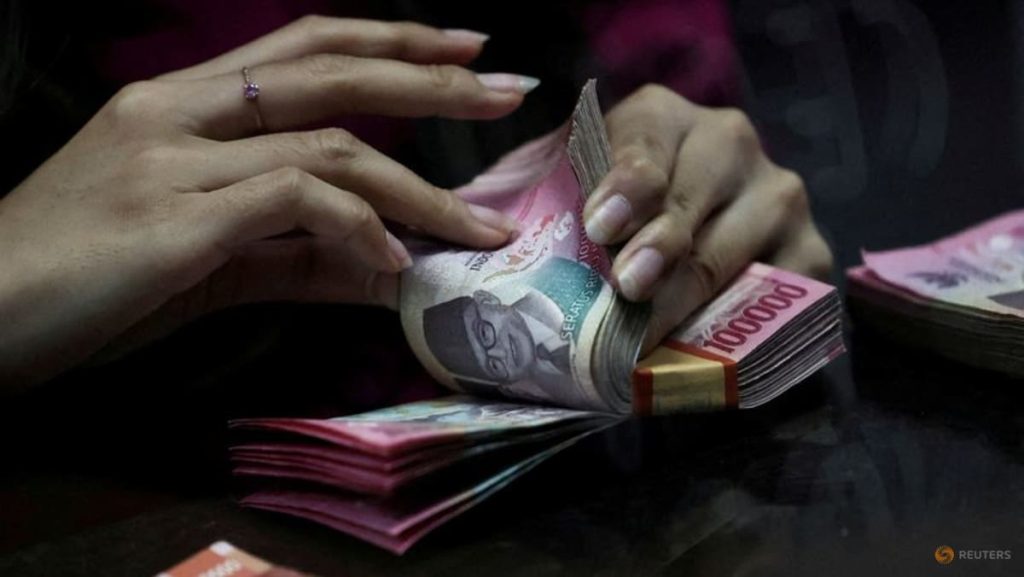BENGALURU :Bank Indonesia (BI) will cut its key interest rate at its fourth consecutive meeting on Wednesday, taking it to 4.50 per cent, as policymakers put greater weight on supporting economic growth despite continued weakness in the rupiah, a Reuters poll of economists showed.
Last month, the central bank surprised markets with a rate cut and Governor Perry Warjiyo said it was going “all out” to bolster growth while maintaining financial market stability.
The rupiah has regained some ground in the last few weeks due to currency market intervention but is about 3 per cent weaker this year. The central bank is mandated to keep the currency stable.
Although second-quarter economic growth exceeded expectations, several economists warned domestic demand is losing momentum. Combined with inflation at 2.65 per cent – within the central bank’s 1.5 per cent to 3.5 per cent target range – that has strengthened expectations for another rate cut this week.
A majority of economists, or 21 of 28, in the Reuters poll expect BI to lower its benchmark seven-day reverse repurchase rate by 25 basis points to 4.50 per cent on October 22. The rest saw no change from 4.75 per cent.
The survey, conducted October 13-20, also showed expectations the overnight deposit and lending facility rates would be trimmed by 25 basis points to 3.50 per cent and 5.25 per cent, respectively, based on a smaller sample.
“Officials are placing more weight on concerns about growth,” said Jason Tuvey, deputy chief emerging markets economist at Capital Economics.
“Low-profile data suggest the economy is losing momentum. Vehicle sales have fallen in recent months, consumer confidence has weakened, and export growth has slowed. Growth concerns alongside the recent appreciation of the rupiah mean we expect BI to deliver a 25 basis point interest rate cut.”
Median forecasts showed the key policy rate will end the year 50 basis points lower at 4.25 per cent and remain at that level through 2026.
“We’re expecting a slightly, but not significantly, higher tolerance of rupiah weakness in favor of further monetary easing. While real interbank rates have already come off, there’s probably still some more room to move lower,” said Adam Ahmad Samdin, an economist at Oxford Economics.
While further easing appears likely, economists expressed concern about the central bank’s independence following a recent burden-sharing agreement and a draft bill that would increase parliament’s role in assessing BI’s performance.
“If policy easing continues and turns out to be more aggressive than analysts are expecting, that would inevitably raise fears officials are bowing to political pressure,” Capital Economics’ Tuvey said.
“Over time, it would run the risk of the economy overheating, leading to rising inflation, higher risk premia on Indonesian assets and weaker long-term growth.”
The poll showed Indonesia’s economy was expected to expand by about 5 per cent in 2025 and the following two years, which is well below President Prabowo Subianto’s ambitious 8 per cent target but broadly consistent with recent trends.
Inflation was forecast to average 1.8 per cent this year and rise to around 2.5 per cent in 2026 and 2027.
(Other stories from the October Reuters global economic poll)


